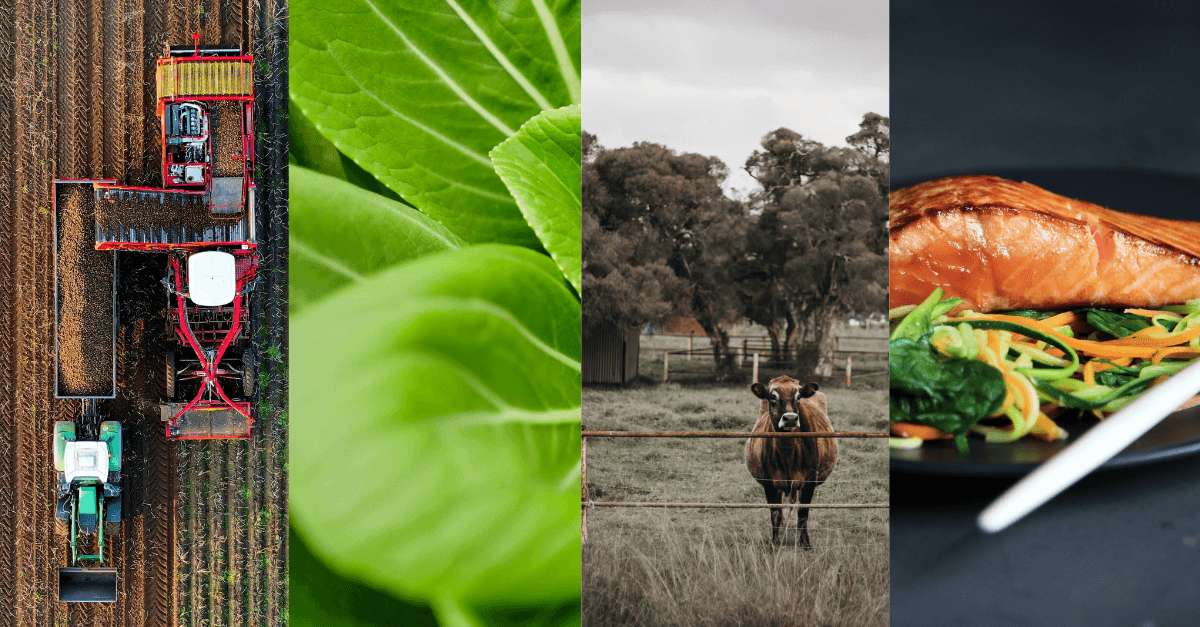In the wake of recent global disruptions, including the Ukraine conflict, the COVID-19 pandemic, and climate change, vulnerabilities in the worldwide food system have become apparent. However, these challenges have also spurred innovation in the industry, with investors poised to facilitate industry transformation, according to a new study by PGIM, Prudential Financial, Inc.'s global investment management branch.
The PGIM research, titled “Food for Thought: Investment Opportunities Across a Changing Food System,” aims to identify investment opportunities and potential risks in the evolving food industry. It compiles insights from investment professionals across various sectors and policymakers, academics, entrepreneurs, economists, and private equity and venture capital investors. The study emphasizes the importance of focusing on the long-term trends that are beginning to transform the global food system.
The research highlights that as global populations become more affluent, dietary preferences shift towards resource-intensive foods like meat and processed foods. This trend, along with the convergence of global diets and the adverse effects of climate change on food production, is transforming the food system. As a result, technology and innovation will be vital in discovering new food production methods to meet these challenges.
PGIM's Head of Thematic Research, Shehriyar Antia, stated, “From farm to fork, our global food system is vast, complex, inefficient, and increasingly unfit for purpose. It must grow more productive and sustainable to meet its myriad challenges.”
The study also notes the potential for growth in several key areas across the food system due to changing dynamics. These include opportunities in cold storage, food packaging, meat production, and convenience and food safety sectors in emerging markets.
Further, the research emphasizes the role of technology and innovation in improving productivity and sustainability. Key trends identified include using intelligent devices, sensors, and mobile apps in agriculture, the role of crop science and feed additives in boosting productivity, and the potential of farmland debt and equity as attractive investments.
Despite the hype around lab-grown meat, the study notes that this market needs to be more cohesive and economically viable. Conversely, global demand for animal-based proteins will increase by 14% by 2030.
Jakob Wilhelmus, director of thematic research for PGIM, compared the current transformation of the food system to the energy sector a decade ago. He urged investors to identify companies enhancing productivity and sustainability along the food value chain and distinguish them from those more vulnerable to future challenges.



3 Comments